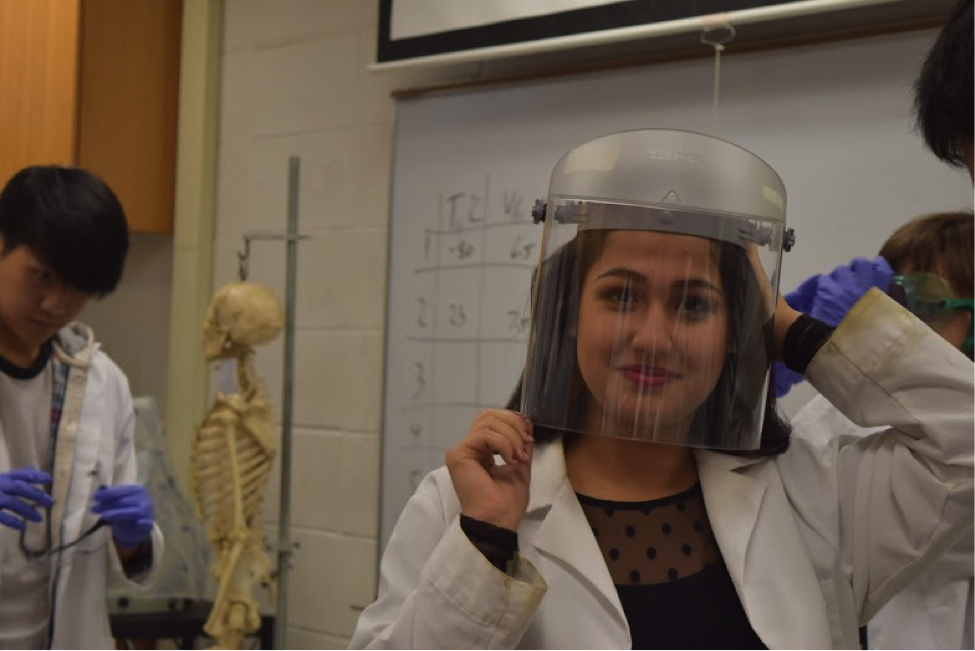FCLC Honors Program Research Opportunities
 Fordham Honors at Lincoln Center is: The Place for Undergraduate Research.
Fordham Honors at Lincoln Center is: The Place for Undergraduate Research.
Aside from independent studies facilitated through the courses listed below, you’ll also have abundant opportunities for research, both at Fordham and at other institutions in NYC. The honors program has a strong record of placing students in meaningful and prestigious internships, research positions, and fellowships.
As an honors student, you have a team of professors who will guide you as you sift opportunities. This same team will write letters in support of your applications, and these letters (laden with specific examples gleaned from the close interactions you’ve had) will go a long way to securing any position you can dream up.
“My lab offers many opportunities for undergraduates who would like to receive training in genetics, molecular biology, cell biology, and developmental biology. Since 2003, I have mentored more than 20 undergraduates in my lab, many of whom have gone on to prestigious PhD programs or medical schools.” Prof. Jason Morris
Flexibility is built into our curriculum: If you can dream it up, we’ll make it happen. Look at these two course descriptions, and begin to dream of the possibilities NYC affords!
HPLC 4888 - Honors Internship (3 credits)
Combines work with an artist, writer, scientist, or other expert with directed series of academic readings relevant to that experience.
HPLC 4999 - Honors Tutorial (4 credits)
Supervised individual project designed by the student in concert with one or more members of the faculty.
Oftentimes, your work in your honors courses will branch out into the city. Prof. Anne Hoffman (English) notes that much of the honors program’s value lies in the “support for individual initiatives and group projects that honors provides” and the ways this support connects with the life of the city. She notes that in her honors English course--Urban Texts--clusters of students “design walking tours in relation to our readings. I’m delighted to learn from the students, whether it’s facets of the history of Chinatown, recounted as we wait in line at Prosperity Dumplings on Eldridge Street, or the story of the 1881 fountain in Union Square installed to bring fresh water and healthy habits to local residents. Sure, we’re examining the texture of urban experience, but we’re also partaking fully in the life of the city.”